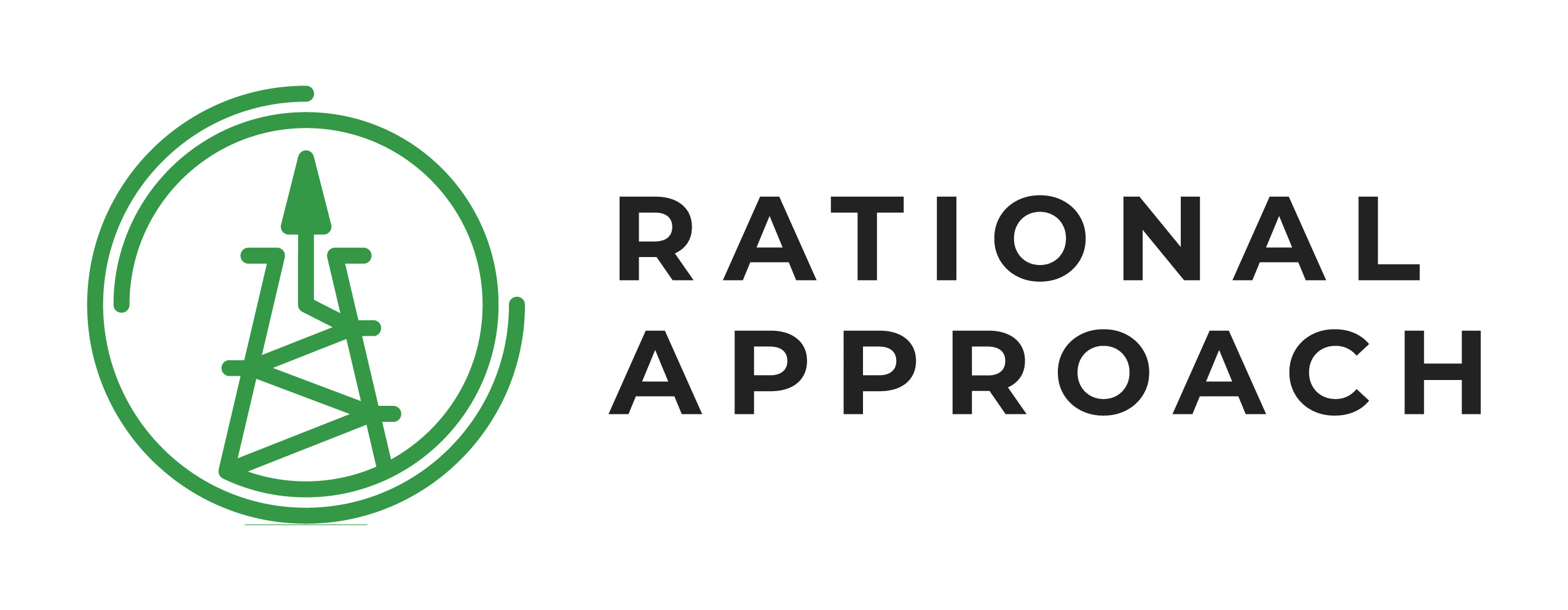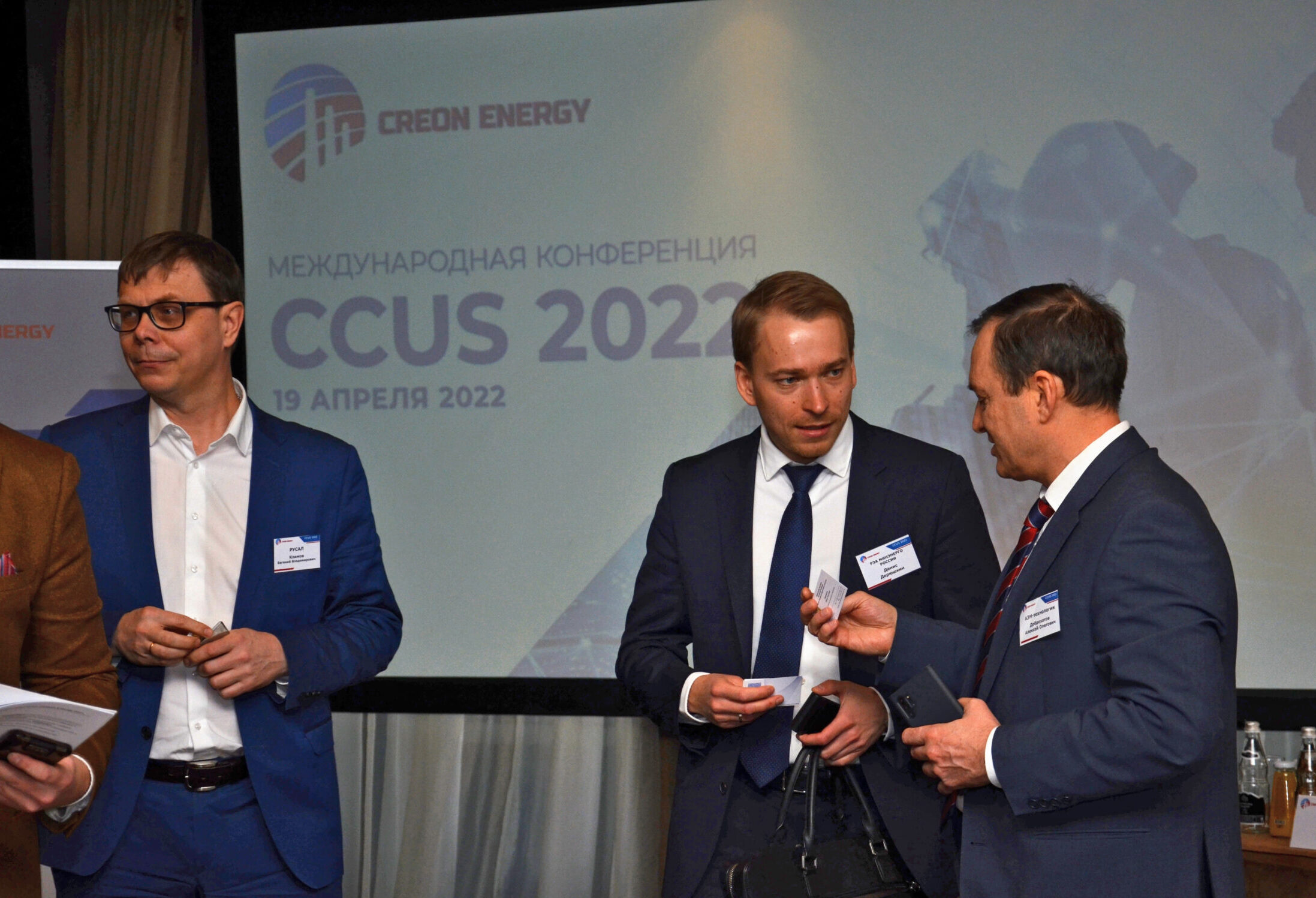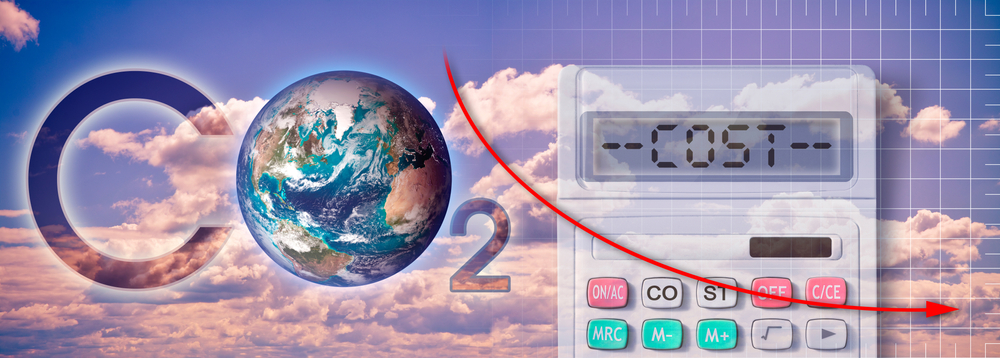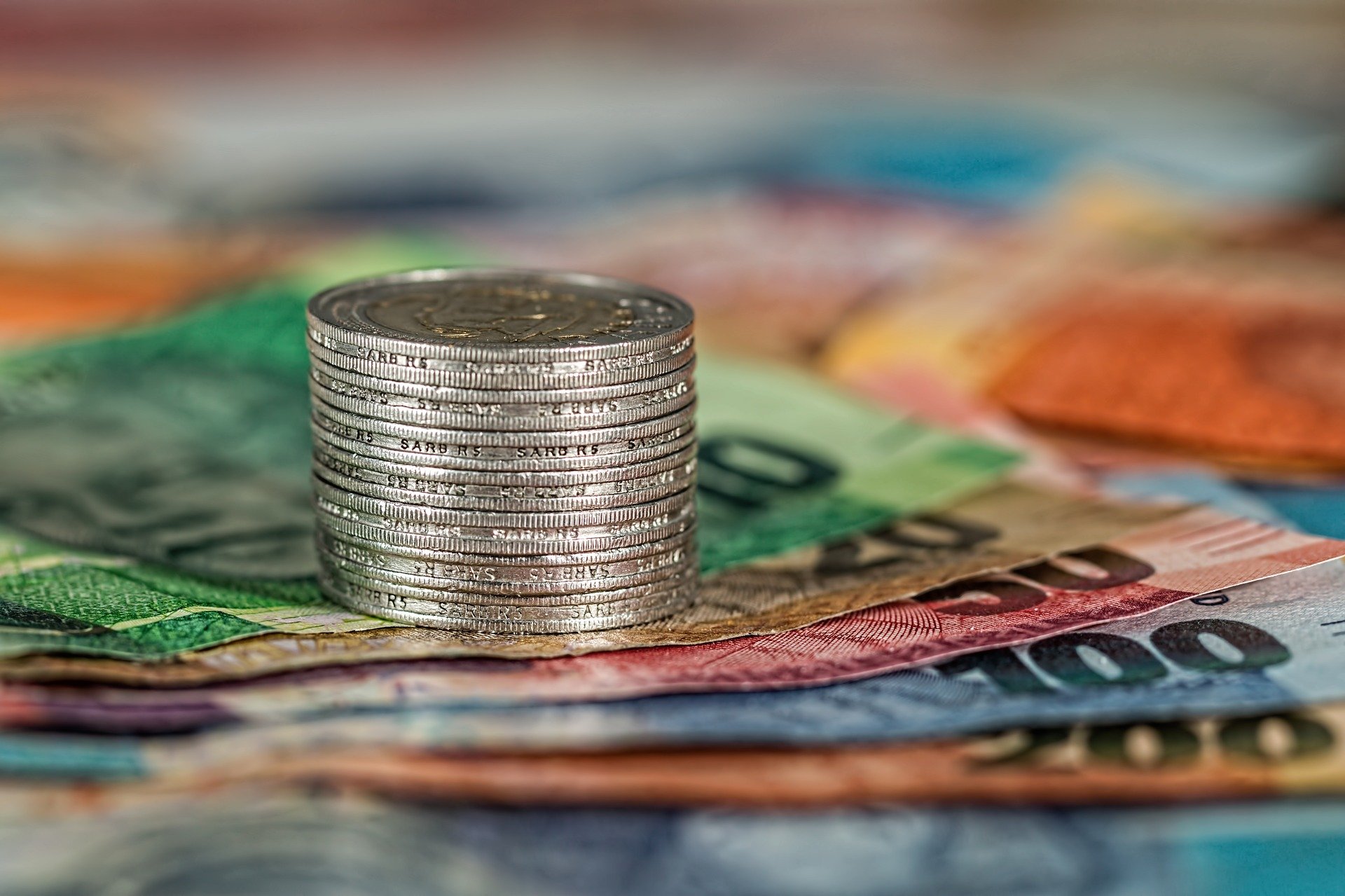Sergey Komlev considers the production of ‘blue’ carbon-neutral hydrogen as already possible, with its prime cost estimated at around $2 per kilogram
Source: ТАSS
The European policy of carbon neutrality will inevitably lead to a decline in direct supplies of Russian natural gas and affect derived revenues by 2050, the department head of Gazprom Export, the export arm of Russia’s top gas producer Gazprom, Sergey Komlev said in an interview with Gazprom’s in-house magazine, adding that Russia can maintain its export positions on the European market using ‘blue hydrogen’ deliveries.
Europe is already moving towards the announced target of reducing its carbon footprint to zero by 2050. The interim goal within this policy suggests a decrease in emissions of 55% by 2030. “Practically reaching carbon neutrality means abandoning fuels that are sources of greenhouse gases,” Komlev said.
“Abandoning the use of hydrocarbons as sources of primary energy will inevitably affect the volumes of direct supplies of natural gas from Russia and, consequently, the amounts of export revenues from its sales,” he said, adding that Russia may substitute the shortfall in natural gas supplies at least partially by hydrogen produced from it.
Komlev considers the production of ‘blue’ carbon-neutral hydrogen as already possible, with its prime cost estimated at around $2 per kilogram, according to Komlev. “This will enable Russia to be the world’s top exporter of ‘blue’ hydrogen in the future, which will have a positive influence on the reputation of the gas sector, stop the process of gas assets’ devaluation, open up the way to responsible financing of projects in the field of decarbonized natural gas,” he noted.
According to the Energy Ministry’s projections, Russia may export up to 33.4 mln tonnes of hydrogen worth $100.2 bln to other countries, which may account for up to 20% of its global market in 2050.





